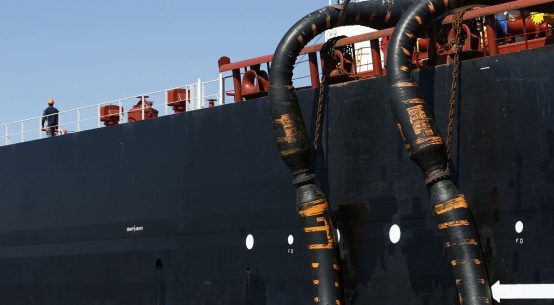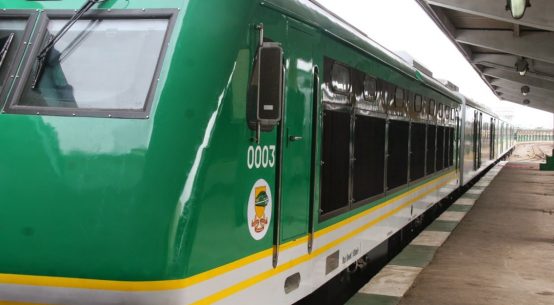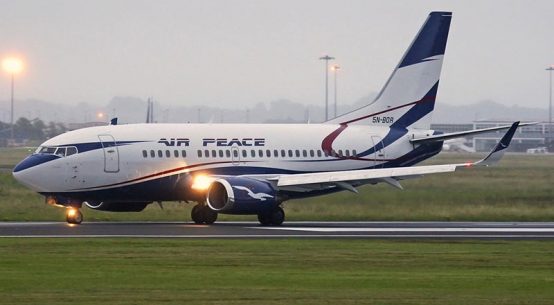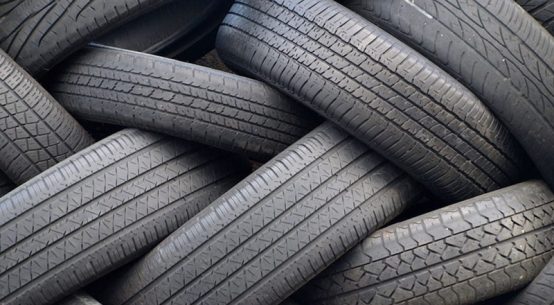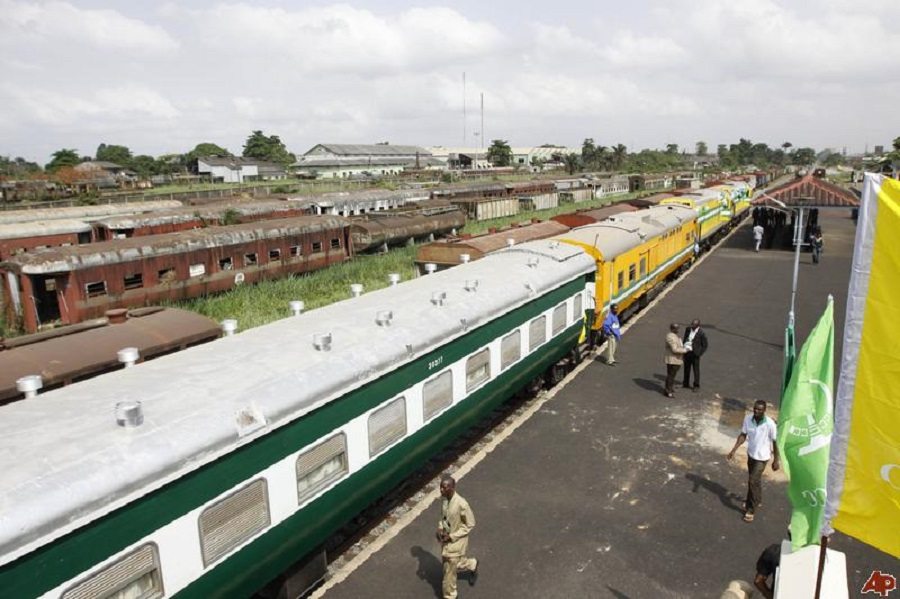
Nigerian Minister for transport, Mr. Rotimi Ameachi had announced that the ongoing overhauling of the rail system in the country will cut across the 36 states of the country.
Reviewing progress made on the construction of the modernisation of Lagos to Kano rail project, which was commissioned earlier in the year. The Minister said the government is currently sourcing loans to fast-track the construction of the Port-Harcourt to Maiduguri and Ibadan to Kano rail projects.
“So far, we have seen that construction has started and by 2018 December we will start commercial services on the rail. Yesterday I was at Warri, Abraka, and Agbor to review how far work has gone there. This is our way scheme to spend Nigeria out of recession.
The Government is satisfied that with the level of work be done by the contractor and it is ensuring that the rail development cut across all the states in Nigeria. There is no going back on the promise to deliver the project by December 2018. “We know that the economy cannot run without logistic and are negotiating loans for the rest of the project from Ibadan to Kano, and at the same time negotiating for the Lagos to Calabar project. We are also sourcing for the loan to construct the Port-Harcourt to Maiduguri and that covers both the South East and North East.
Meanwhile, the Joint Senate Committee on local and foreign debt and land transport on Monday, while charging the contractor handling the projects to deliver a job that meets international standards, insisting that the Chinese contractor, which has planned to import 45000 tonnes of steel must maximise local content in the area of raw materials and labour force.
The government was undermining its own policy on local content, as the $20billion contracts awarded so far for the rail projects were in favor of Chinese firms, with local firms at the risk of losing about $8billion if they were not involved in the projects.
The Minister, While justifying why the contractor is importing steel from China to construct the tracks, reveals that Nigeria does not have the type of steel required for the construction and anyone who has it should come forward.
The Chairman, Senate Committee on Land Transport, Gbenga Ashafa, said his committee and the Joint Senate Committee on Local and Foreign Debt’s visit to the Nigerian Railway Corporation (NRC), and China Civil Engineering Construction Corporation Ltd. (CCECC), was necessary to immediately set in perspective the lawmaker’s commitment to ensuring a high level of accountability in public expenditure.
Ashafa, who said the Senate would support effective delivery of the project, disclosed: “We have approved the release of the first part of the money needed for the project. It is left to the executive to ensure that proper agreement is put in place.”
“As requested, the sum of $5.851 billion is the total approved loan would be expended on the modernisation of Lagos to Kano, Kano to Kaduna, Lagos to Ibadan and Calabar to Lagos rail segments. On our part as the Senators holding the mandate of our constituents, we are totally committed to assisting the Executive arm in the actualization of every developmental project within our purview.
Chairman of the Joint Senate Committee on Local and Foreign Debt, Shehu Sani, underscored the need for Nigeria to scrutinize borrowings by the federal and state governments, stressing that such decision would speed up the nation’s development.
According to him, if successive borrowings at the federal and state levels in the past had been duly scrutinized and monitored, the nation would have fared far better than it is at the moment.
Speaking of the rail projects, Sani said: “Our desire is to see a modern railway that will facilitate our industrial aspiration. If you don’t have a modern and standard railway then you can as well forget everything about industrialization. “What we e are having now is a step to the future. We need to make the transportation of people and goods easier and more efficient. Our responsibility is to see that what we have approved from the floor of the Senate is appropriately used on the project.”



